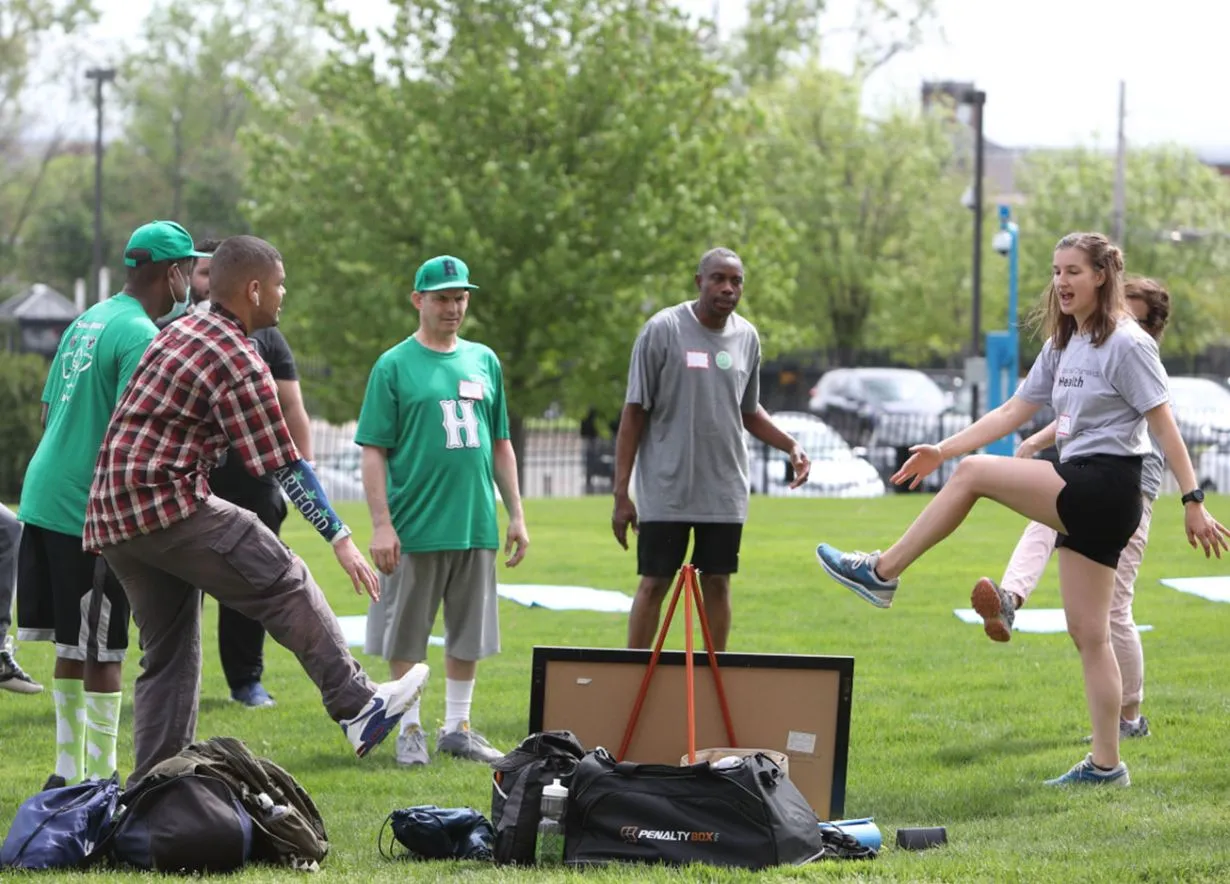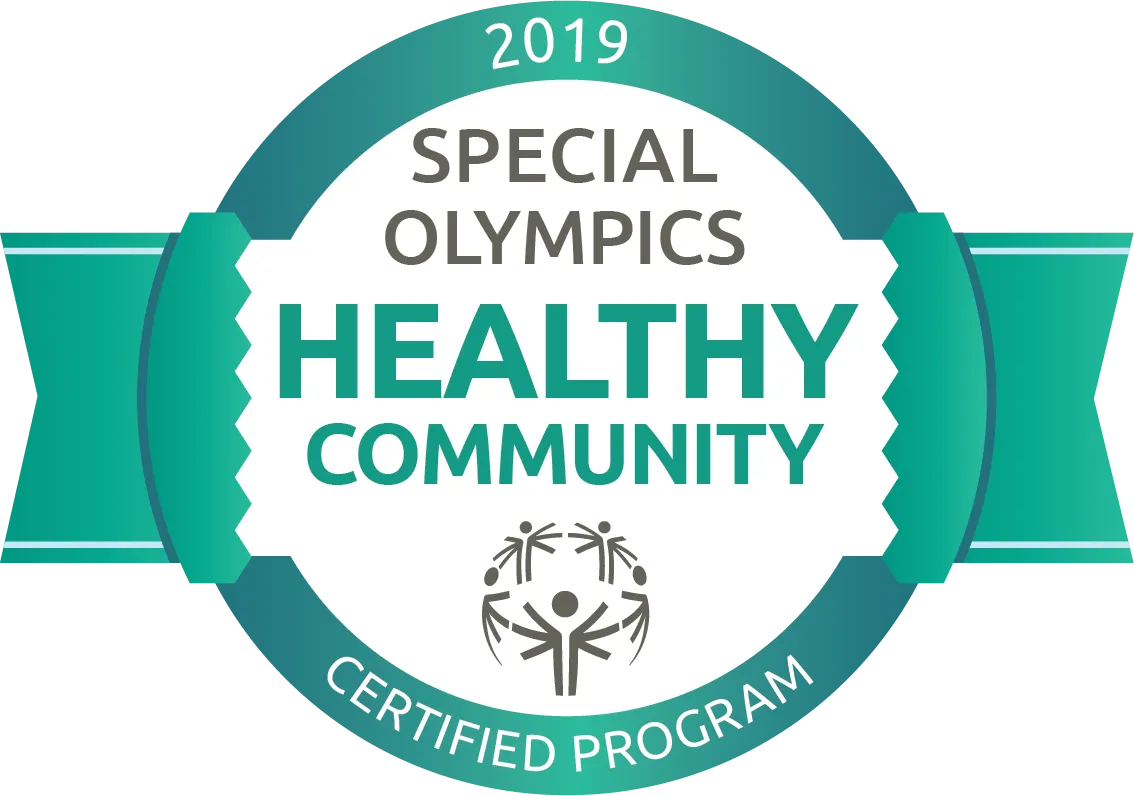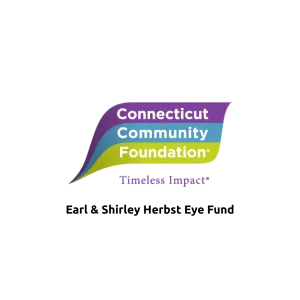Health Services for Individuals with Intellectual Disabilities
People with intellectual disabilities experience substandard healthcare and access to health services compared to others in their communities. Special Olympics Health, made possible by the Golisano Foundation in collaboration with the U.S. Centers for Disease Control and Prevention, is working to achieve inclusive health for people with intellectual disabilities, which means equitable access to quality healthcare, education, and services throughout the community.
Health Screening, Education, and Prevention
With the help of our amazing volunteers and community members, Special Olympics Connecticut (SOCT) provides health education, screening, and fitness programs to our athletes, giving them access to vital services that promote their overall health and wellness.

Inclusive Fitness Programs
Through our Inclusive Fitness Programs individuals with and without disabilities come together to participate in sports and exercise activities. These programs include a mix of in-person events and virtual tools, promoting health education and helping participants achieve their fitness goals. SOCT Inclusive Fitness Programs include:
- Fit 5
- Unified Fitness Clubs
- Virtual Health and Fitness Activities
- Performance Stations
Creating Healthy Communities Together
Healthy Communities is a model Special Olympics program that ensures year-round access to healthcare and prevention programming to help Special Olympics athletes perform at their best, on and off the field, and have equal access to quality healthcare, health education, and resources. SOCT was designated a Healthy Community by Special Olympics International in 2019.

Special Olympics Health activities are supported by many sources, including in the United States, by Grant Number NU27DD000021 from the Centers for Disease Control and Prevention of the U.S. Department of Health and Human Services, with $18.1M (64%) financed with U.S. federal funds and $10.2M (36%) supported by non-federal sources.
These contents are solely the responsibility of the authors and do not necessarily represent the official views of the Centers for Disease Control and Prevention or the Department of Health and Human Services.
Looking for more information?
Learn more about Special Olympics Health and how you can get involved by visiting the Center for Inclusive Health online.




